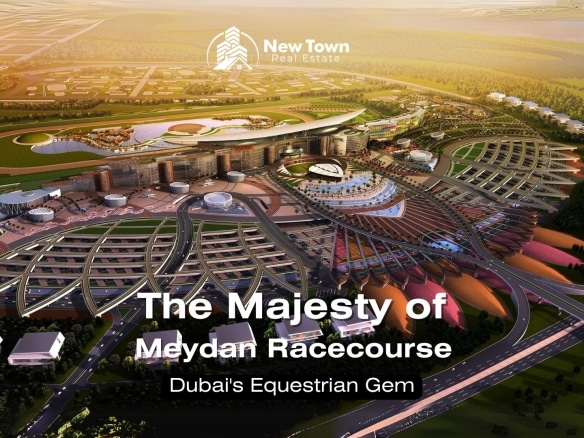Leasehold and Freehold Properties in Dubai
Unlocking The Real Estate Opportunities
Dubai, a visionary city in the heart of the United Arab Emirates, pioneered a significant shift in real estate ownership, becoming the first in the UAE to grant foreigners the privilege of owning property. This transformation unfolded in two key milestones:
In 2001, Dubai embraced the concept of long-term rental arrangements, birthing the Leasehold model. A year later, in 2002, the government issued a decree that would forever alter the landscape – full ownership of real estate, known as Freehold.
Leasehold: A Limited Yet Affordable Stay
Under Leasehold, individuals gain the right to use a property for a substantial period, typically up to 99 years. However, as the clock ticks down, the unit reverts to its original owner, leaving the occupant without a claim to the land.
Pros:
- Leaseholders can extend their contracts and continue residing in the property.
- Limited liability for repairs and maintenance.
- Lower upfront costs compared to Freehold.
Cons:
- Permission from the owner is mandatory for any repairs or reconstruction.
- Subleasing the property is not an option.
- Resale can be challenging.
- Securing a permit for pets may pose an additional hurdle.
- Limited variety of available options.
Leasehold properties are primarily concentrated in specific areas like Dubai Silicon Oasis, Green Community, Jumeirah, among others.
Freehold: A Full Ownership Potential
On the flip side, Freehold offers the pinnacle of property ownership, granting buyers full rights not only to the property but also to the land on which it stands. The Dubai Land Department (DLD) meticulously registers the property in the buyer’s name, providing a Title Deed as a testament to their ownership.
Pros:
- Owners can freely sell or rent out their property.
- Inherited by legal heirs without the need for a will.
- Control over the property and land for repairs or reconstruction (significant changes require developer approval).
- Property ownership of $204,000 or more qualifies for a renewable UAE resident visa.
Cons:
- Sole responsibility for property maintenance falls on the owner.
Freehold has expanded its footprint since 2006, with the government consistently broadening the list of freehold areas.
Currently, there are over 50 such areas in Dubai, including Business Bay, Dubai Marina, Palm Jumeirah, and JVC.
Remarkably, the influence of full ownership is seeping into non-freehold areas. Port de La Mer in Jumeirah and Madinat Jumeirah Living in Umm Suqeim are emerging as clusters offering full ownership rights, breaking traditional boundaries.
Navigating the Choice
Choosing between Leasehold and Freehold is a personal odyssey. Leasehold provides an affordable and limited commitment, ideal for those seeking a temporary haven. On the other hand, Freehold opens the door to enduring ownership, offering the liberty to shape one’s property destiny.
Whether it’s the allure of Silicon Oasis or the glamour of Palm Jumeirah, each area exudes its unique charm. The real estate landscape in Dubai is a canvas waiting to be painted with your dreams – the choice between Leasehold and Freehold determines the strokes. As Dubai continues to evolve, so do the opportunities for those seeking to call this dynamic city home.




